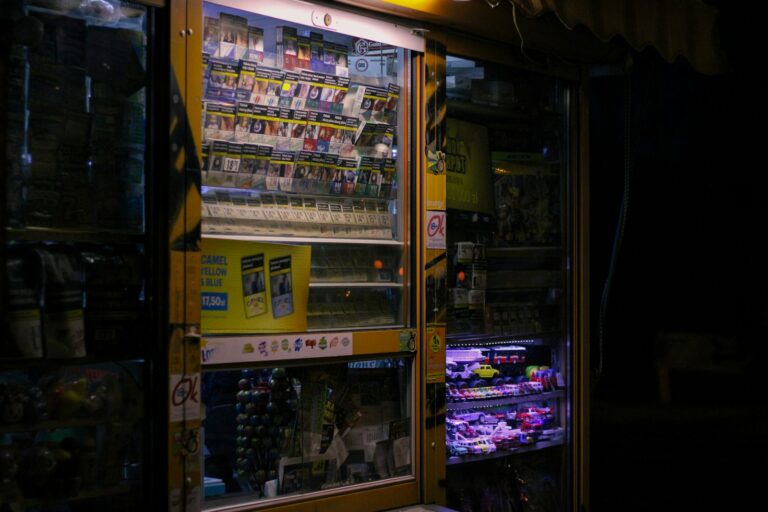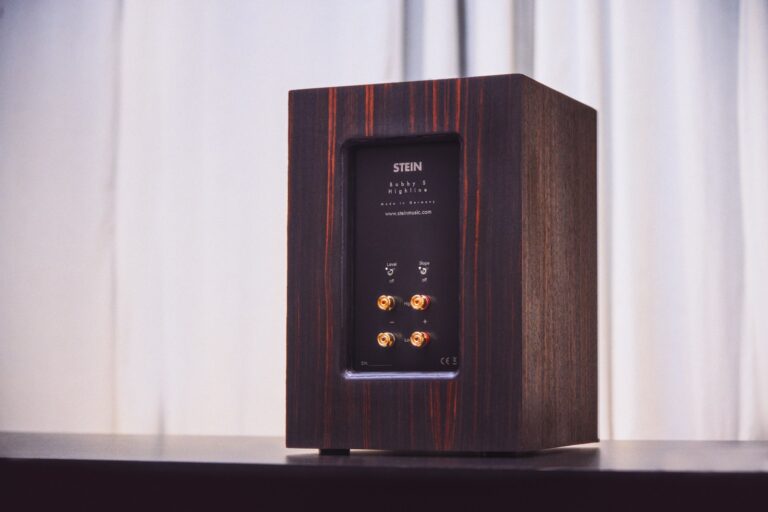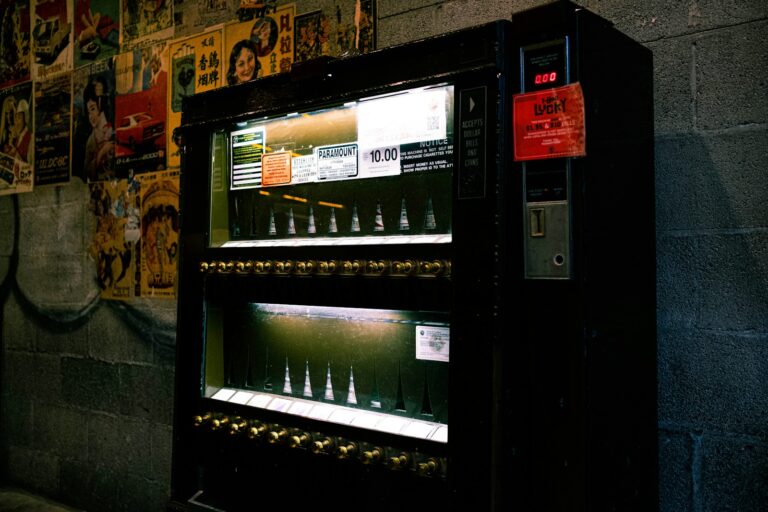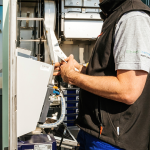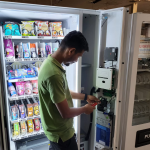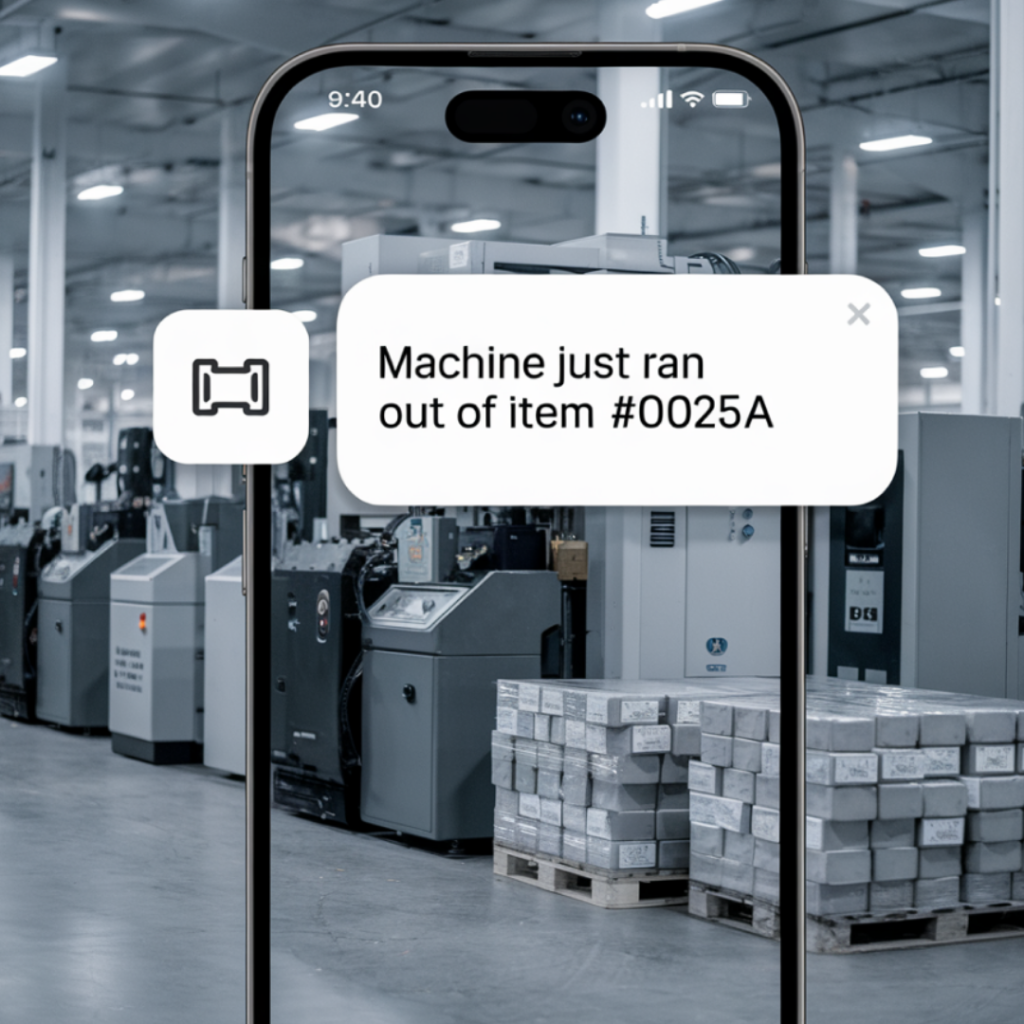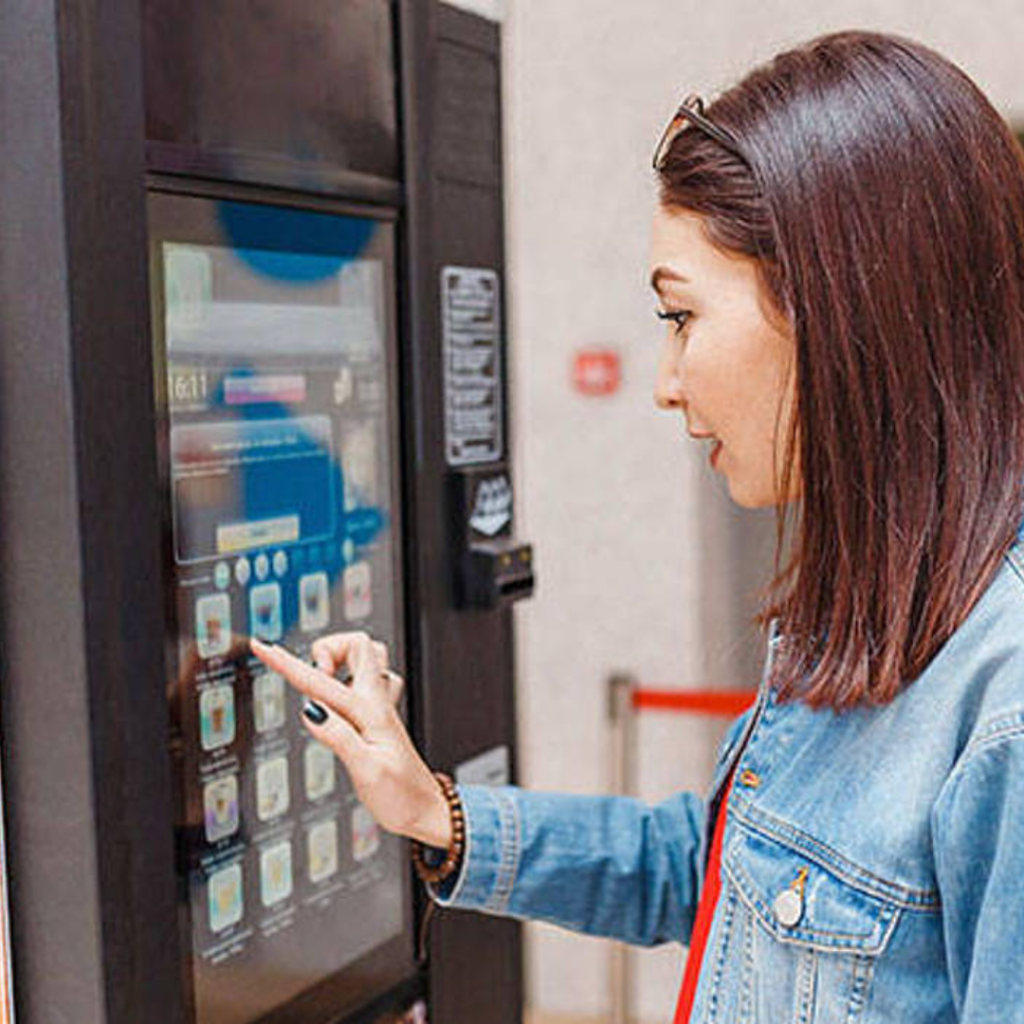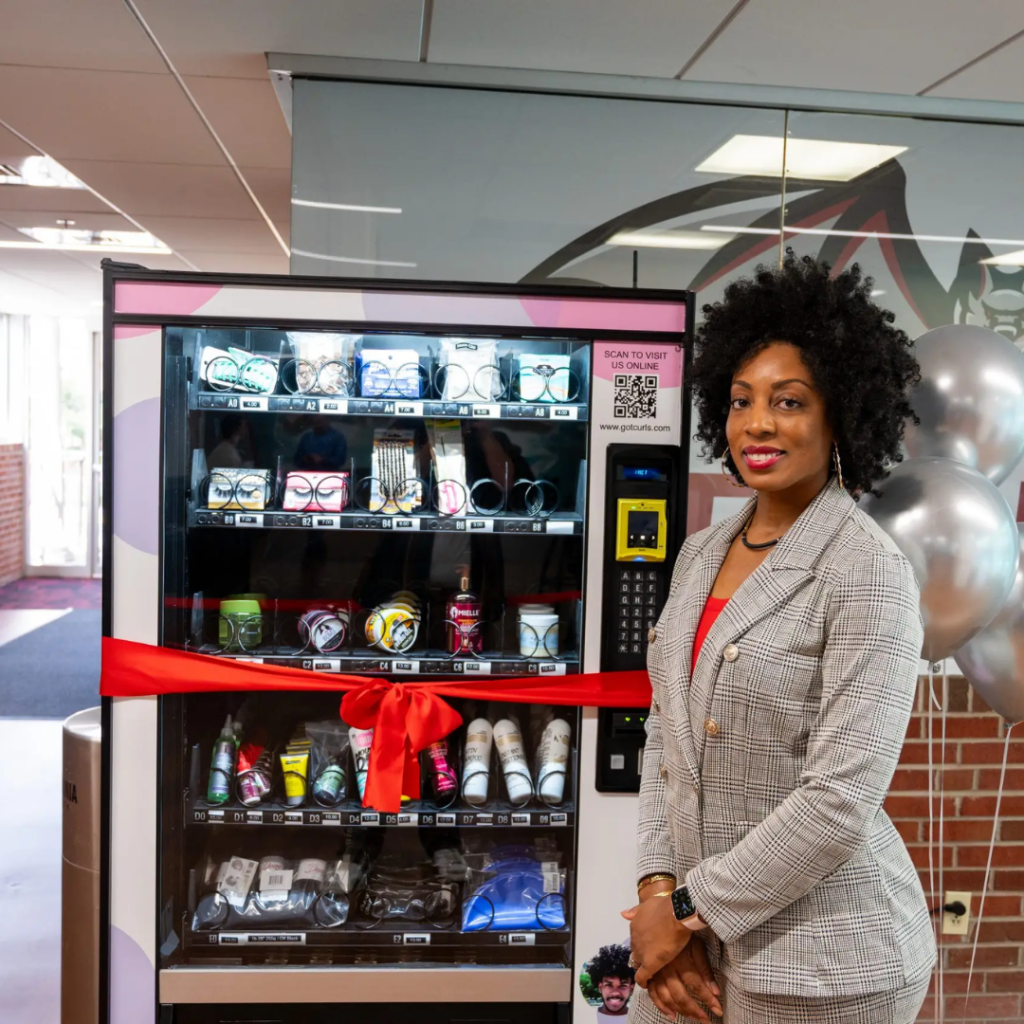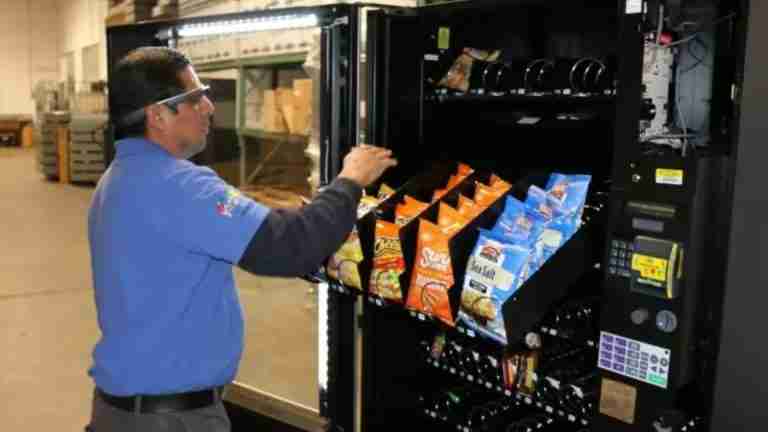Export ready American built machines in stock, shipping from Miami
Are Weed Vending Machines Legal in New Jersey?
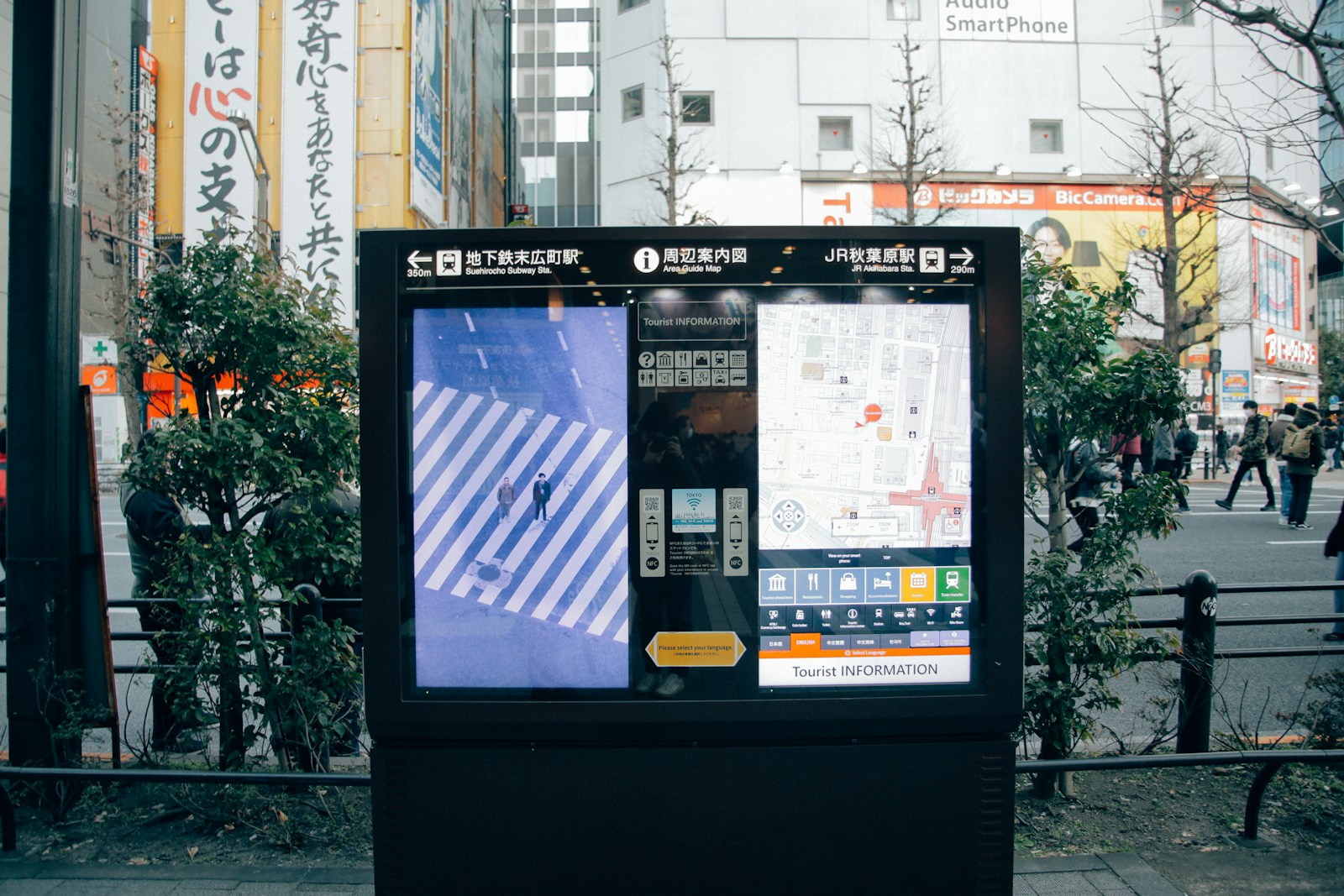
Introduction
The legalization of cannabis in New Jersey has opened the door for new business models and sales strategies. Since voters approved adult-use cannabis in 2020 and licensed sales began in 2022, entrepreneurs have explored different ways to serve customers while staying compliant. One idea gaining traction is the use of weed vending machines. They promise faster transactions, reduced labor costs, and an automated retail model that can scale. But the question remains: are weed vending machines legal in New Jersey?
The answer is not a simple yes or no. The state does not have a specific law banning vending machines for cannabis. However, the New Jersey Cannabis Regulatory Commission (CRC), which oversees all licensing and compliance, requires that every cannabis sale meet strict conditions. These include verified age checks, seed-to-sale tracking, purchase limits, and security monitoring. In other words, vending is possible only if machines operate as part of a licensed dispensary and follow the same rules that apply to staffed counters. Outside of those boundaries—like public locations, convenience stores, or stand-alone kiosks—weed vending machines are not legal.
This blog explains the current legal framework in New Jersey. It covers state-level rules, licensing requirements, and compliance steps dispensaries must follow. By the end, you will understand where machines are permitted, what paperwork is required, and what challenges businesses should expect if they want to explore automation in cannabis retail.
1. State-Level Legality in New Jersey
Background on Legalization
New Jersey became one of the early East Coast states to legalize adult-use cannabis when voters approved Public Question 1 in 2020. The Cannabis Regulatory Commission (CRC) was created to oversee the new market. Recreational sales officially began in April 2022, and medical cannabis had already been legal under a separate program. The law allows adults 21 and older to buy and possess cannabis, but all sales must pass through licensed dispensaries. No unlicensed retail or informal distribution is permitted.
What the Law Says About Vending
The New Jersey cannabis law does not explicitly mention vending machines. Instead, it regulates how cannabis must be sold and tracked. Every retail sale must occur in a licensed dispensary, must verify the buyer’s age, and must be entered into the state’s inventory tracking system. Because vending machines are not specifically named, they fall into a gray area. The practical interpretation from regulators is that weed vending machines are legal only if they meet the same standards as staffed dispensary counters.
This means the machine must sit inside a licensed dispensary, must verify age, must limit daily purchases, and must connect to seed-to-sale software approved by the CRC. Any machine placed outside a dispensary—such as in a gas station, a mall, or a public sidewalk—would violate state law. That distinction is crucial. Operators who assume legality applies everywhere risk penalties, license loss, or even criminal charges. In practice, dispensaries can experiment with vending machines inside their facilities, but they must treat them as regulated points of sale, not as casual add-ons.
Age Verification and Compliance
Age restrictions remain the most important element of cannabis retail law. Only adults 21 and older can purchase cannabis in New Jersey. Traditional dispensaries meet this requirement with ID checks at the door and at the register. A vending machine must achieve the same protection without a live staff member. That means dispensaries need age verification machines with ID scanning, biometric checks, or QR-based validation before completing a sale. Without this safeguard, regulators are unlikely to allow machines to operate.
2. Licensing and Permits
Dispensary Licensing
The only way to sell cannabis in New Jersey is through a license from the CRC. For recreational sales, this is the Class 5 Cannabis Retailer License. For medical sales, dispensaries operate under Alternative Treatment Center (ATC) licenses. A vending machine cannot operate independently. It must be tied directly to a licensed dispensary, and every sale must be logged as part of that dispensary’s transactions. This means entrepreneurs cannot simply buy a machine, stock it with cannabis, and place it somewhere. They must first obtain or partner with a licensed dispensary.
Municipal Approval
Even with state licensing, municipalities have the final say. New Jersey law gives towns the power to opt out of cannabis sales, and many have chosen to do so. In municipalities that ban cannabis dispensaries, vending machines are automatically illegal. In towns that allow dispensaries, local ordinances may still restrict or prohibit vending specifically. For example, a city might approve a dispensary but require that all sales be staff-controlled. Before planning a vending machine, operators must confirm local zoning and licensing requirements with municipal officials.
License Costs and Renewals
Licensing is not cheap. Application fees for cannabis businesses range from a few hundred dollars to several thousand, depending on the license type and business size. Annual licensing fees for dispensaries can run from $10,000 for microbusinesses to $25,000 or more for larger operations. Renewal is required each year, and dispensaries must maintain compliance to keep their license active. Machines add another cost layer. Operators must integrate hardware and software into the dispensary’s compliance systems, which requires capital investment. For businesses that want to expand carefully, financing options such as flexible financing solutions help spread costs over time.
Penalties for Non-Compliance
Running a machine outside the licensing framework risks severe penalties. The CRC can fine, suspend, or revoke licenses for violations. Municipal authorities can also take enforcement action, including shutting down businesses. Because cannabis remains illegal under federal law, dispensaries that break state rules may face extra scrutiny from law enforcement. This makes compliance non-negotiable. If you want to explore vending machines in New Jersey, the safe path is through proper licensing and approvals.
3. Compliance Requirements for Machines
Placement
Machines must be located inside licensed dispensaries. They cannot operate in public areas, malls, gas stations, or standalone storefronts. Every transaction must occur within the dispensary’s licensed footprint.
Age Verification
Machines must prevent underage access. This requires technology such as ID scanners, biometric facial recognition, or QR-code verification tied to customer profiles. Dispensaries must prove that no sale can be completed without confirming age. Age verification machines are already used in other regulated industries and will likely be necessary for cannabis vending as well.
Seed-to-Sale Tracking
New Jersey requires all cannabis sales to be tracked from cultivation to retail through CRC-approved systems. Vending machines must integrate with these platforms so that every sale is recorded instantly. This ensures inventory levels remain accurate and regulators can monitor compliance in real time.
Purchase Limits
The state sets daily limits on how much cannabis a customer can buy. Machines must enforce these caps automatically, preventing multiple purchases that exceed the legal allowance. This feature must link to the dispensary’s customer database to track daily totals.
Security and Monitoring
Dispensaries must maintain strict security standards. Vending machines must be covered by surveillance cameras and built with tamper-resistant designs. Regulators may require direct monitoring of machines to ensure they are not misused. Some municipalities may add further conditions, such as requiring security staff when machines are in operation.
Packaging and Labeling
All cannabis sold in New Jersey must be packaged with health warnings, CRC-approved labeling, and child-resistant seals. Vending machines must dispense products in compliant packaging. They cannot sell loose cannabis or unsealed items.
4. Local Government Rules in New Jersey
Why Local Rules Matter
Even when state law permits cannabis sales, local governments in New Jersey have the final say on how those sales take place. Each town and city has the authority to allow or block cannabis businesses. Some municipalities welcomed dispensaries quickly, while others voted to opt out entirely. In towns that opted out, weed vending machines are automatically prohibited because dispensaries themselves are not allowed to operate.
Examples of Restrictions
In certain communities, ordinances go further than banning dispensaries. Some towns prohibit any type of self-service cannabis sales, even if a dispensary exists. Others set zoning limits that restrict where machines can be placed inside stores, often requiring them to remain in secure or staff-supervised areas. These rules mean an operator cannot assume vending is legal simply because the state legalized cannabis. Local restrictions may narrow the scope even more.
What Operators Should Do
If you plan to explore vending machines in New Jersey, the safe step is to meet with local zoning boards or municipal clerks before making investments. Confirm whether vending is explicitly allowed and under what conditions. Treat this step as essential due diligence. Without local approval, even the most compliant machine will not pass inspection.
5. Business Value and Challenges
Benefits of Vending Machines
Dispensaries that adopt vending gain several advantages. Machines can cut waiting times, reduce staff workloads, and create an express checkout option for returning customers. By logging every sale through the dispensary’s seed-to-sale system, vending also delivers strong inventory control. For operators who invest in multiple locations, vending creates a scalable model that adds revenue without proportional increases in payroll costs.
Risks and Obstacles
The opportunity comes with challenges. Security remains a concern since machines can attract attention. Insurance carriers often require advanced surveillance and tamper-proof construction. Customer trust is another factor. While some buyers embrace automation, others prefer human guidance, especially first-time cannabis customers. Finally, regulations may change as the industry evolves. What is allowed today could be restricted tomorrow, which is why businesses should stay flexible. Financing options such as flexible financing solutions can help operators manage costs without overcommitting resources during an uncertain stage of the market.
Balancing the Equation
For most dispensaries, the decision to adopt vending machines will depend on local approval, customer demand, and the ability to stay fully compliant. Machines are not a shortcut around the rules; they are simply another sales point inside an existing legal framework. When used carefully, they support growth. When used carelessly, they create risk.
6. Frequently Asked Questions
Yes, but only inside licensed dispensaries and under Cannabis Regulatory Commission rules. They must meet the same standards as staffed sales counters.
No. Public placement in gas stations, malls, or shops without a license is illegal. Machines must remain inside a licensed dispensary.
No. You need a CRC Class 5 Retailer license (or ATC license for medical) to sell cannabis. The vending machine is treated as part of your dispensary, not as a separate license type.
7. Conclusion
The short answer to “are weed vending machines legal in New Jersey” is yes—but only in specific, highly regulated circumstances. They can operate inside licensed dispensaries if they meet all CRC requirements and if local governments approve. Outside those boundaries, vending is not permitted. The opportunity exists, but success requires careful planning, licensing, and compliance. Dispensary operators considering this path should view vending machines as regulated extensions of their business, not as shortcuts.
If you are exploring automation, review state law, confirm local ordinances, and consider working with partners who understand both compliance and operations. VMFS USA™ provides weed vending machines designed with compliance in mind, along with age verification systems and financing options to help dispensaries expand responsibly. With the right setup, vending machines can become a safe, legal, and profitable addition to the New Jersey cannabis market.

